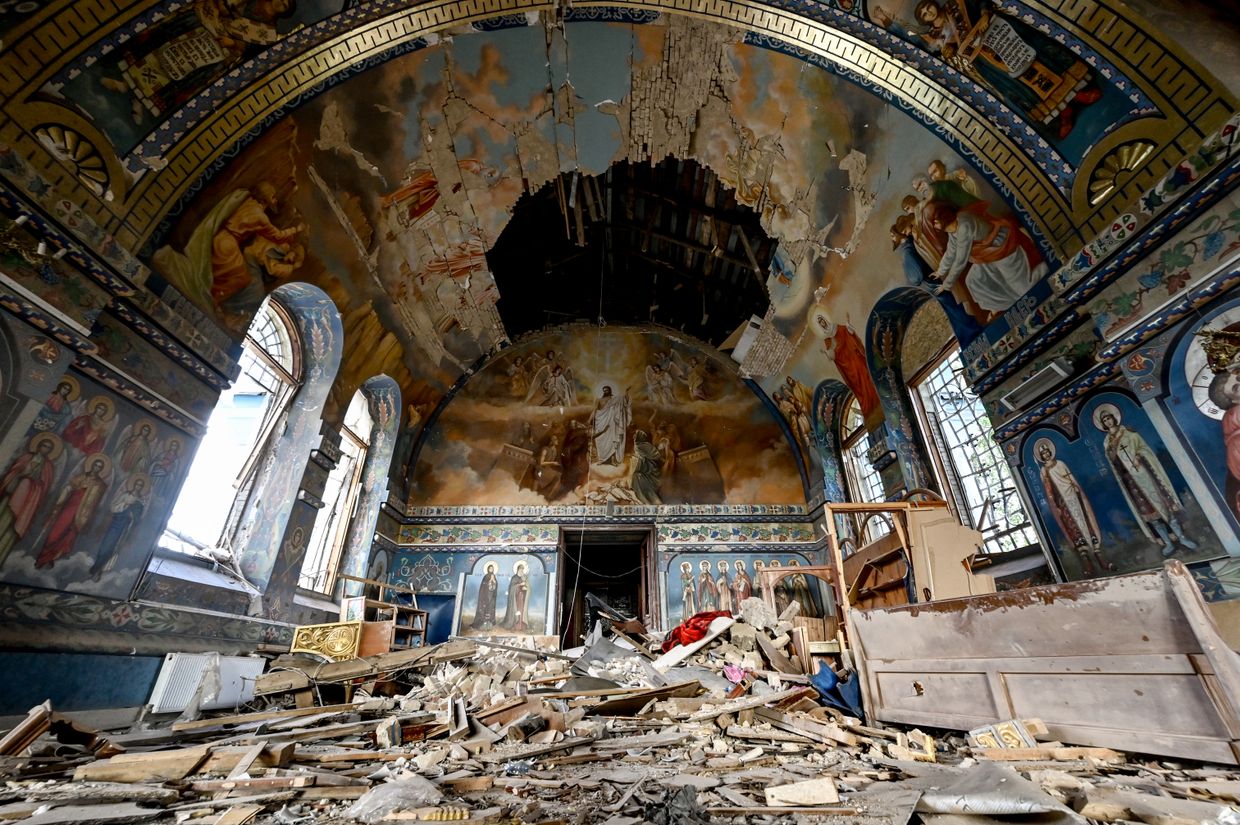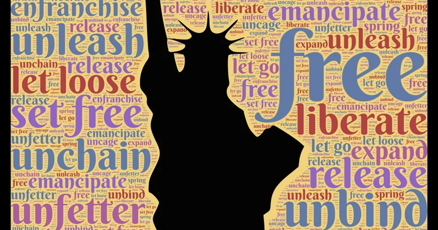Faith and Freedom: Georgia's Governor Shields Religious Rights While DEI Debate Simmers
Religion
2025-04-11 19:50:00Content

In a significant legislative move on April 4, 2025, Georgia Governor Brian Kemp signed a landmark religious liberty bill, reinforcing constitutional protections for religious freedom. The new law aims to shield religious practices from potential government interference by preventing state and local authorities from imposing substantial burdens on religious activities and expressions.
Despite the bill's passage, the legislative session concluded with an unresolved proposal that would have banned diversity, equity, and inclusion (DEI) programs across Georgia's public educational institutions. Although the anti-DEI legislation gained momentum in the session's final days, lawmakers ultimately chose not to advance the measure to a final vote.
The religious liberty bill represents a notable victory for faith-based organizations and religious advocates who have long sought stronger legal safeguards for their constitutional right to practice their beliefs without governmental obstruction. Meanwhile, the shelved DEI legislation highlights the ongoing political debates surrounding educational policies and institutional diversity efforts in the state.
Religious Liberty and Educational Policy: Georgia's Legislative Crossroads
In the dynamic landscape of state governance, Georgia has once again emerged as a focal point of legislative deliberation, where the intricate balance between religious freedom and educational policy takes center stage. The state's recent legislative session has unveiled critical discussions that challenge the boundaries of constitutional interpretation and institutional autonomy.Where Constitutional Rights Meet Educational Transformation
The Religious Liberty Landscape
The Georgia state legislature has embarked on a profound journey of constitutional interpretation, crafting legislation that fundamentally reshapes the relationship between governmental authority and religious practice. Governor Brian Kemp's signature on the religious liberty bill represents a significant milestone in protecting individual and collective religious expressions. This legislative intervention creates a robust legal framework that shields religious practitioners from potential governmental overreach. By establishing stringent protections against actions that might substantially burden religious activities, the law signals a commitment to preserving fundamental constitutional rights. The nuanced approach demonstrates a delicate balance between respecting institutional boundaries and safeguarding individual spiritual freedoms.Diversity, Equity, and Inclusion: The Unaddressed Frontier
Simultaneously, the legislative session witnessed a parallel narrative surrounding diversity, equity, and inclusion (DEI) initiatives in educational institutions. The proposed bill targeting DEI programs in state schools, colleges, and universities ultimately failed to secure final passage, leaving a complex and unresolved dialogue about educational inclusivity. This legislative omission speaks volumes about the ongoing tensions within educational policy. The potential prohibition of DEI programs would have represented a significant departure from contemporary approaches to institutional diversity. By leaving this bill unresolved, Georgia lawmakers have effectively maintained the status quo, allowing educational institutions continued discretion in developing inclusive environments.Constitutional Dynamics and Institutional Autonomy
The intersection of religious liberty legislation and educational policy debates reveals deeper philosophical questions about institutional autonomy and constitutional interpretation. Georgia's legislative session has become a microcosm of broader national conversations about the delicate balance between protecting individual rights and maintaining institutional flexibility. The religious liberty bill, in particular, demonstrates a proactive approach to constitutional protection. By explicitly prohibiting governmental actions that substantially burden religious practices, the legislation provides a clear legal mechanism for defending spiritual freedoms. This approach reflects a nuanced understanding of constitutional principles, recognizing that religious liberty extends beyond mere tolerance to active protection.Implications for Future Policy Development
The legislative outcomes in Georgia carry significant implications for future policy development across multiple domains. The successful passage of the religious liberty bill sets a potential precedent for other states considering similar protective measures. Conversely, the unresolved status of the DEI prohibition bill suggests ongoing debates about educational inclusivity and institutional governance. These legislative maneuvers reflect the complex, ever-evolving nature of state-level policymaking. They underscore the continuous negotiation between constitutional principles, institutional practices, and societal expectations. As states like Georgia navigate these intricate legal and social landscapes, they contribute to a broader national dialogue about rights, freedoms, and institutional responsibilities.Broader Contextual Considerations
The legislative session's outcomes invite deeper reflection on the evolving relationship between governmental authority, religious practice, and educational policy. Georgia's approach demonstrates the nuanced, context-specific nature of constitutional interpretation, where broad principles must be carefully applied to specific institutional contexts. By maintaining a delicate balance between protecting religious freedoms and preserving institutional autonomy, the state legislature has showcased a sophisticated approach to policy development. The unresolved discussions around DEI initiatives further highlight the complexity of contemporary educational governance.RELATED NEWS
Religion

Faith and Funding: How Trump's Humanities Cuts Clash with Religious Revival Rhetoric
2025-04-28 15:19:56
Religion

Liberty's Landscape: How New York Unveils the Roadmap to Religious Freedom
2025-04-09 15:21:28






